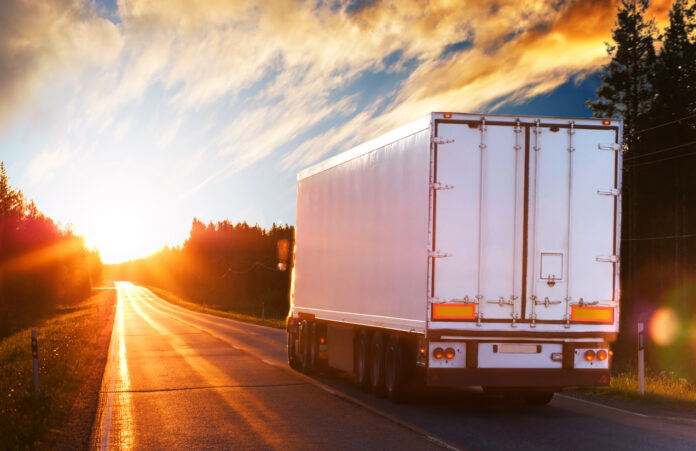
In the world of logistics and transportation, the efficient movement of goods from one point to another is a critical component of a well-functioning economy. Trailers, those long rectangular boxes on wheels, are the stars of the supply chain stage, carrying everything from consumer goods to industrial equipment. However, keeping track of trailers has historically been a challenge, leading to inefficiencies, lost revenue, and increased operational costs. Fortunately, advancements in trailer tracking technology, coupled with the power of big data, are revolutionizing the way the industry operates.
The Evolution of Trailer Tracking
Trailers, often separated from their tractor units, can be challenging to monitor. Traditional tracking methods relied on manual record-keeping, which was time-consuming and prone to errors. It wasn’t uncommon for trailers to be misplaced, leading to delays and increased costs for transportation companies.
In recent years, technology has come to the rescue with the development of advanced tracking systems. These systems typically include GPS devices, sensors, and telematics solutions, enabling real-time monitoring of trailers. Here are some of the key advancements in trailer tracking technology:
GPS and Geofencing
Global Positioning System (GPS) technology has become the backbone of trailer tracking. GPS devices can pinpoint the exact location of a trailer at any given moment. Geofencing allows companies to set up virtual boundaries, triggering alerts when a trailer enters or leaves a specified area. This is particularly useful for security and route optimization.
Telematics
Telematics systems provide a wealth of data on a trailer’s condition, including temperature, humidity, tire pressure, and more. This data is crucial for industries like food transportation, where maintaining specific conditions is essential.
IoT Sensors
Internet of Things (IoT) sensors are increasingly being used in trailer tracking. These sensors can monitor cargo status, detect tampering or unauthorized access, and even provide insights into the condition of the goods being transported.
Telematics Platforms
These platforms offer comprehensive software solutions for tracking and managing trailers. They provide a dashboard that displays real-time data, historical data, and predictive analytics. Companies can efficiently manage their trailer fleets, plan maintenance, and optimize routes using these platforms.
The Role of Big Data
While these advancements in trailer tracking technology are impressive on their own, it’s the application of big data that truly transforms the industry. Here’s how big data is playing a vital role in modernizing trailer tracking:
Real-time Decision-Making
Big data analytics processes the immense amount of data collected from trailers and generates real-time insights. This enables logistics companies to make immediate decisions, such as rerouting a trailer to avoid traffic or addressing temperature fluctuations in a refrigerated trailer.
Predictive Maintenance
By analyzing historical data on trailer performance and the health of various components, big data can predict when maintenance is needed. This not only prevents costly breakdowns but also extends the lifespan of trailers.
Route Optimization
Big data can optimize routes by considering various factors, including traffic conditions, weather, and delivery schedules. This not only saves time and fuel but also reduces the environmental impact of transportation.
Enhanced Security
Big data can be used to identify patterns of theft or unauthorized access. It enables companies to respond proactively to security threats and enhance the overall safety of cargo.
Inventory Management
Trailer tracking technology combined with big data can improve inventory management. Companies can track inventory levels in real-time, reducing overstock or stockouts.
Customer Service
With the power of big data, companies can provide customers with accurate, real-time information on the location and condition of their shipments. This enhances transparency and improves customer service.
The Future of Trailer Tracking
Advancements in trailer tracking technology have significantly improved the efficiency and security of the transportation industry. When combined with the capabilities of big data, logistics companies can operate with unprecedented precision and cost-effectiveness. These innovations not only benefit businesses but also contribute to a more sustainable and responsive transportation ecosystem. The evolution of trailer tracking technology is an exciting development that promises to continue revolutionizing the industry in the years to come.
The integration of big data has reshaped the logistics and transportation industry. As we look to the future, we can expect further innovations. These may include the use of artificial intelligence for even more precise route optimization, the implementation of blockchain for secure cargo tracking, and the development of autonomous trailers.




